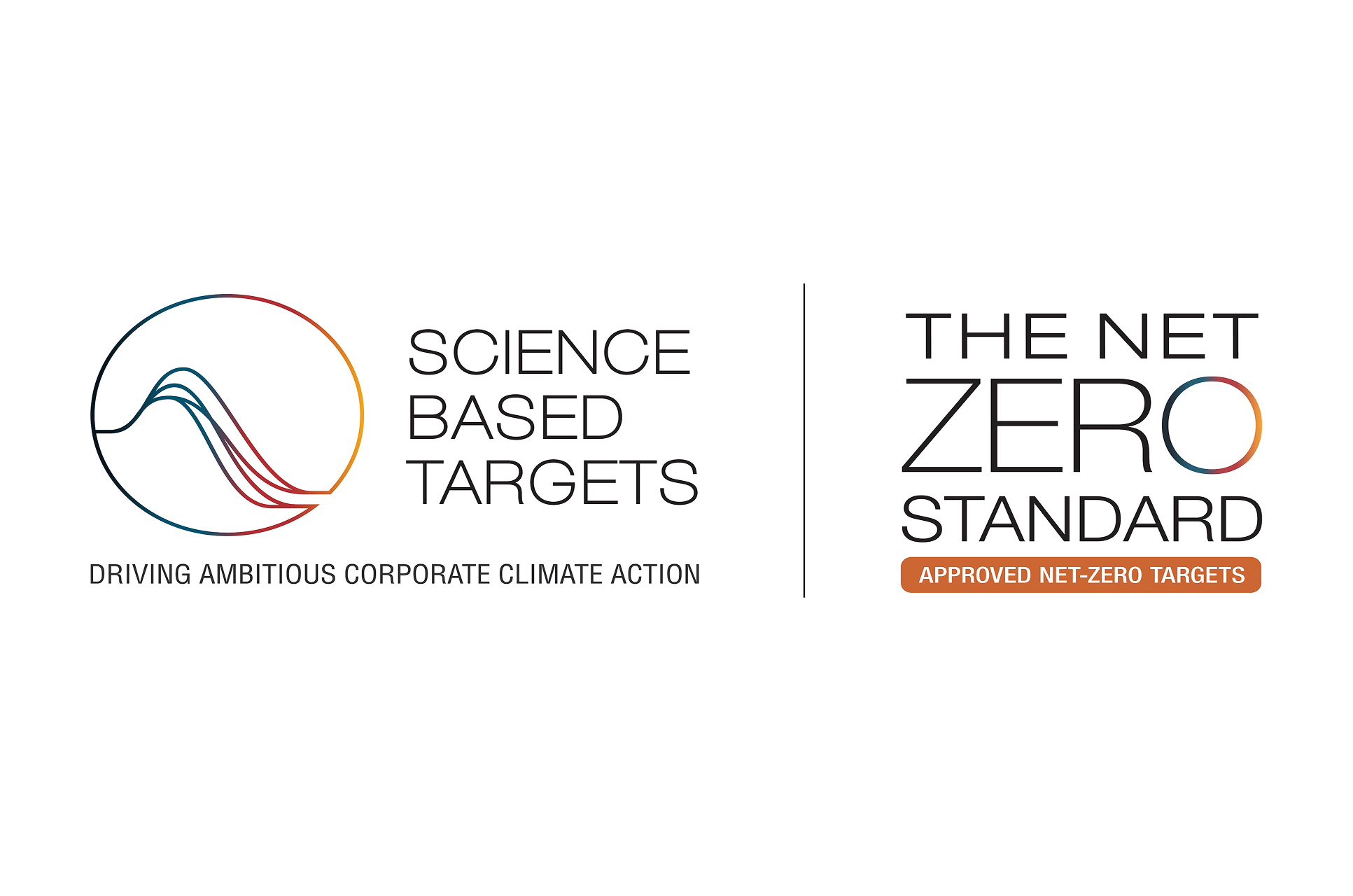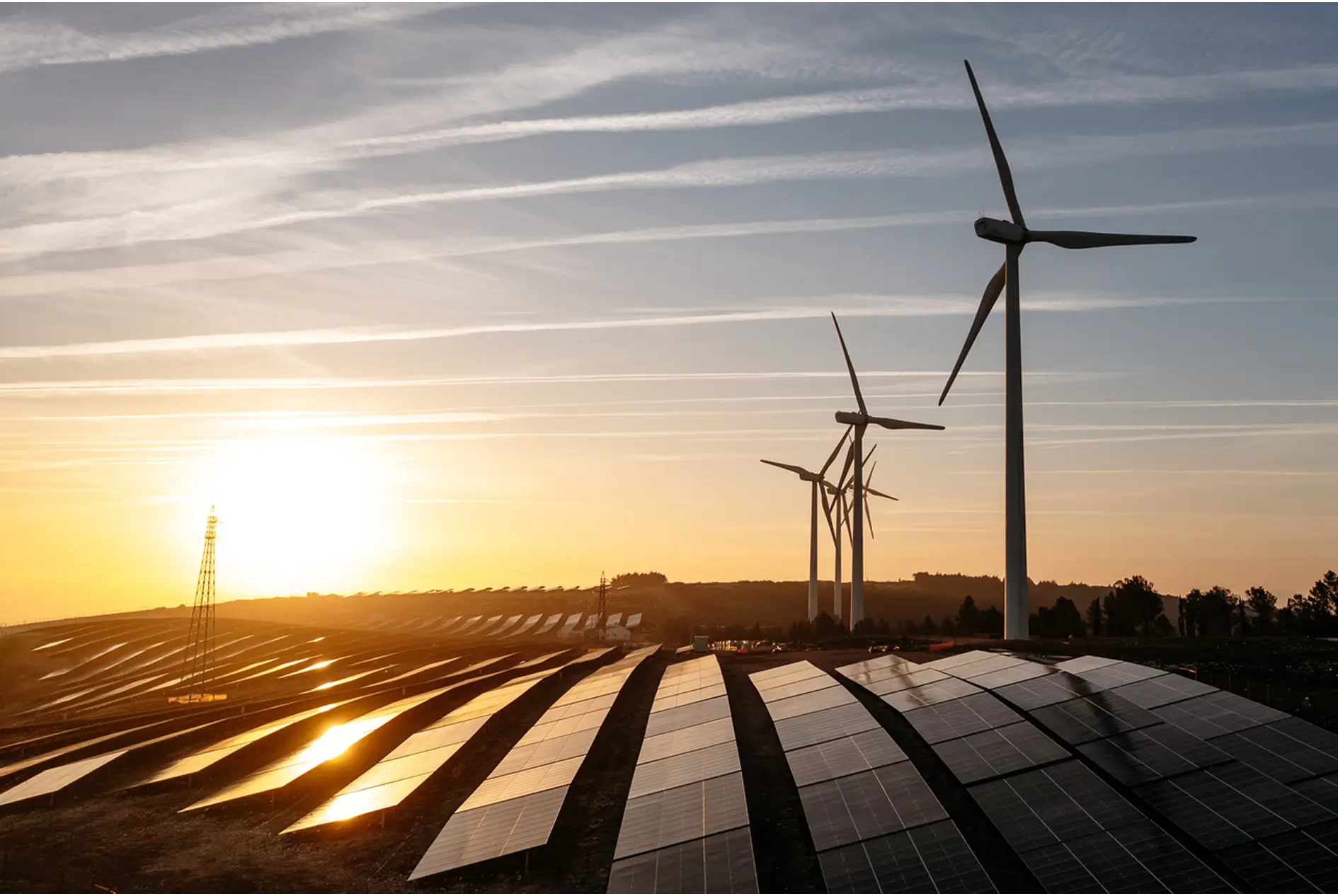
Climate change
Committed with our planet by leading the decarbonization of the power
IPCC states that if we manage to limit the rise of temperature below 1.5ºC from the pre-industrial Era, we have a better chance of limiting the more adverse effects of climate change.
For this reason, the Paris Agreement established the goal of mitigate emissions to limit the temperature rise well below 2ºC, pursuing efforts to keep us below 1.5ºC compared to pre-industrial levels. In 2024, we witness for the first time global average temperatures above 1.5ºC.
The world is now on course for 3.1ºC of warming this century. Even if all current climate targets are hit the world would still warm by 2.6ºC-2.8ºC this century. (Emissions Gap Report 2024 - (UNEP).
The power sector has a critical role in the efforts to reduce emissions by renewable energy sources and the promotion of electrification, in particular in transport, buildings and industry. Although the world’s capacity to generate renewable electricity has expanded faster than at any time before, the world must move must faster to ensure that we do not overshoot 1.5ºC on a permanent basis.
Since the early 2000’s, EDP has been prioritizing its investments in renewable energy and is now one of the largest producers of clean electricity in the world, on the path to becoming a pure renewables player by 2030. We are committed to create a future where humanity and the planet can thrive harmoniously.
Our goals are ambitious and always focused on the choice we make for the planet.
SBTi: Scope 1 + Scope 2, gCO2e/kWh (% vs 2020)
SBTi: Scope 3, MtCO2e(% vs 2020)
% of renewables generation
Science based targets initiative
With targets validated by the Science-Based Target initiative (SBTi) under the Net Zero Standard, EDP is committed to reduce 90% of absolute emissions (direct operations and value chain) by 2040.
Accelerating our climate transition
Reducing GHG emissions is crucial to mitigate our action on the planet. EDP will do it by accelerating renewable energy and decarbonizing operations.
Built upon the commitment to become Net Zero by 2040, and as a result of the internal work by the Net-Zero Acceleration Task Force, in 2023 EDP put in place its Climate Transition Plan, marking a significant step towards a sustainable future.
Aligned with the Task Force on Climate-Related Financial Disclosures (TCFD), CDP (Technical Note on Reporting Transition Plans) and the UN's High Level Expert Group recommendations, the Plan sets the baseline of EDP's strategy for this decade under a broader pathway for a net-zero goal, identifies priority actions, and points out main challenges.
Collective efforts
Suppliers
Client solutions
Social impact
Global partnerships and dialogues to advance action
Acting beyond mitigation in the value chain
EDP’s Net Zero commitment approved by SBTi requires compensation of residual emissions by 2040 in line with the Net Zero Standard. By 2040 onwards EDP will need to offset residual emissions which cannot be mitigated, through carbon removals.
While international and national rules are not completely stabilised and credibility standards are taking shape, EDP is assessing the business strategy for offsetting residual emissions in line with the SBTi Net Zero Standard, to ensure that the use of carbon credits is done in compliance with the credibility and additionality requirements.
We value international agreements and initiatives
EDP´s commitment to the world is to achieve cleaner and greener energy. In addition to decarbonization, we are implementing measures to fight climate change, following the recommendations of the report by the Task Force on Climate related Financial Disclosures and adhering to numerous international initiatives that sustainability.

